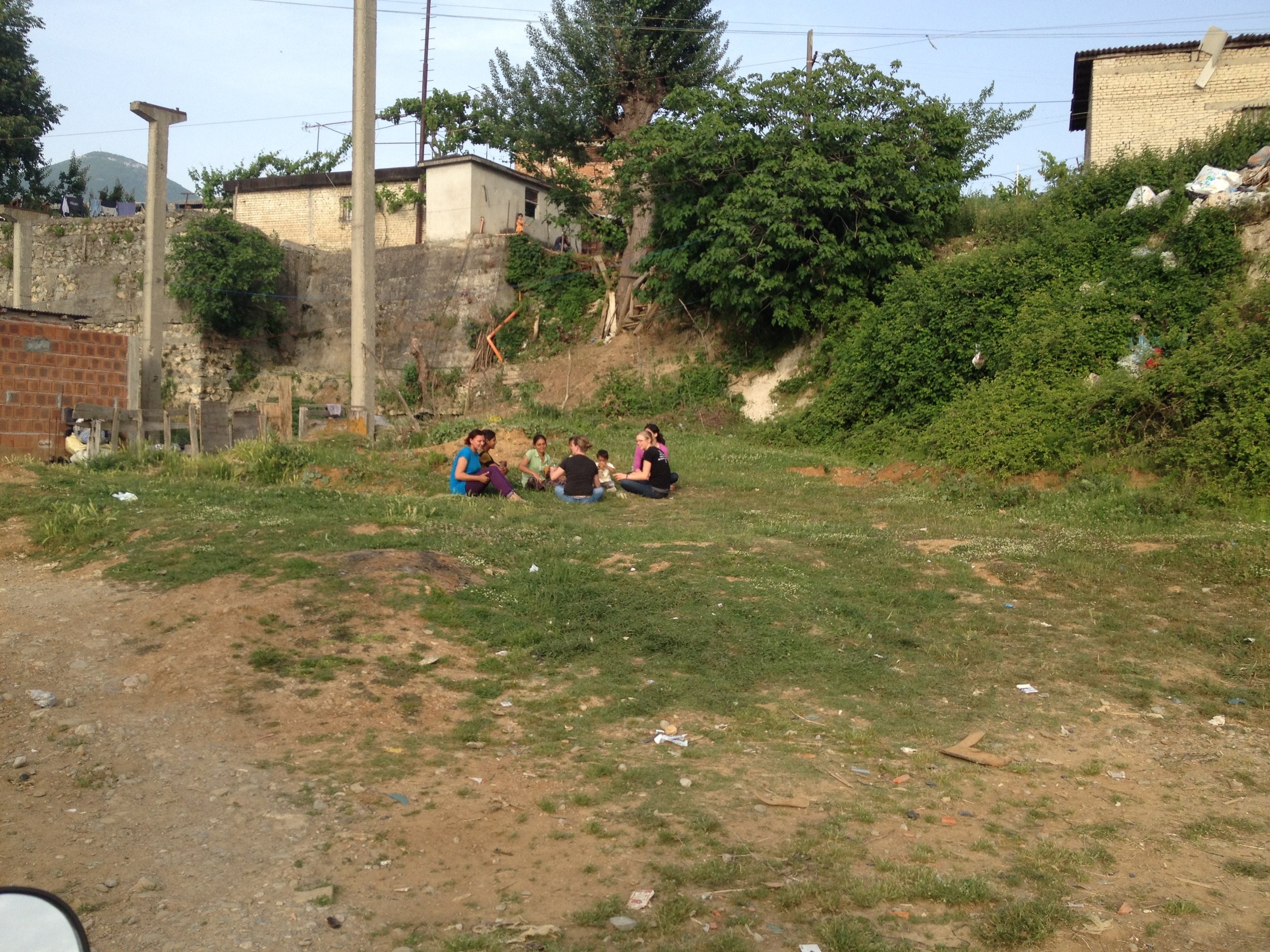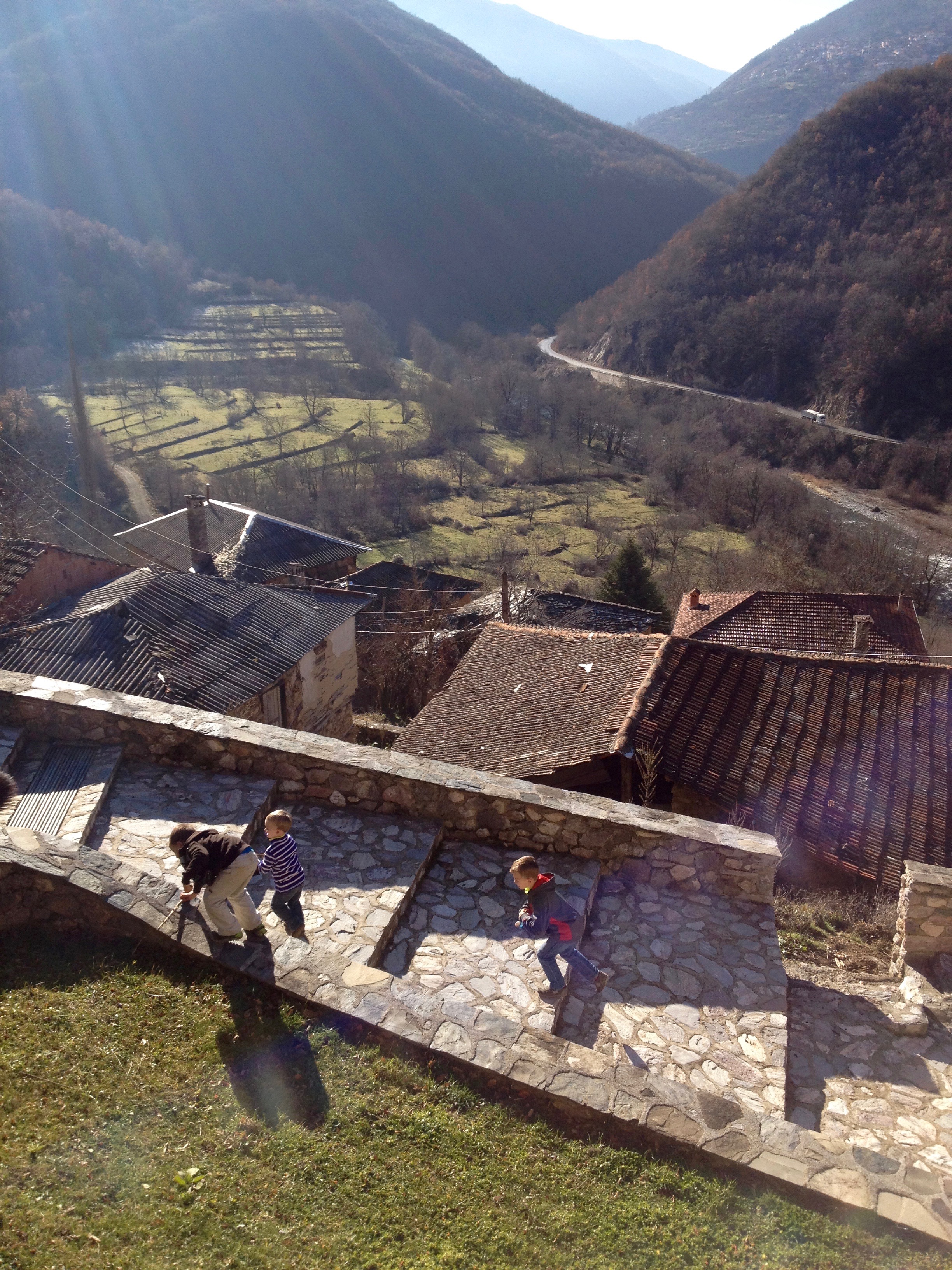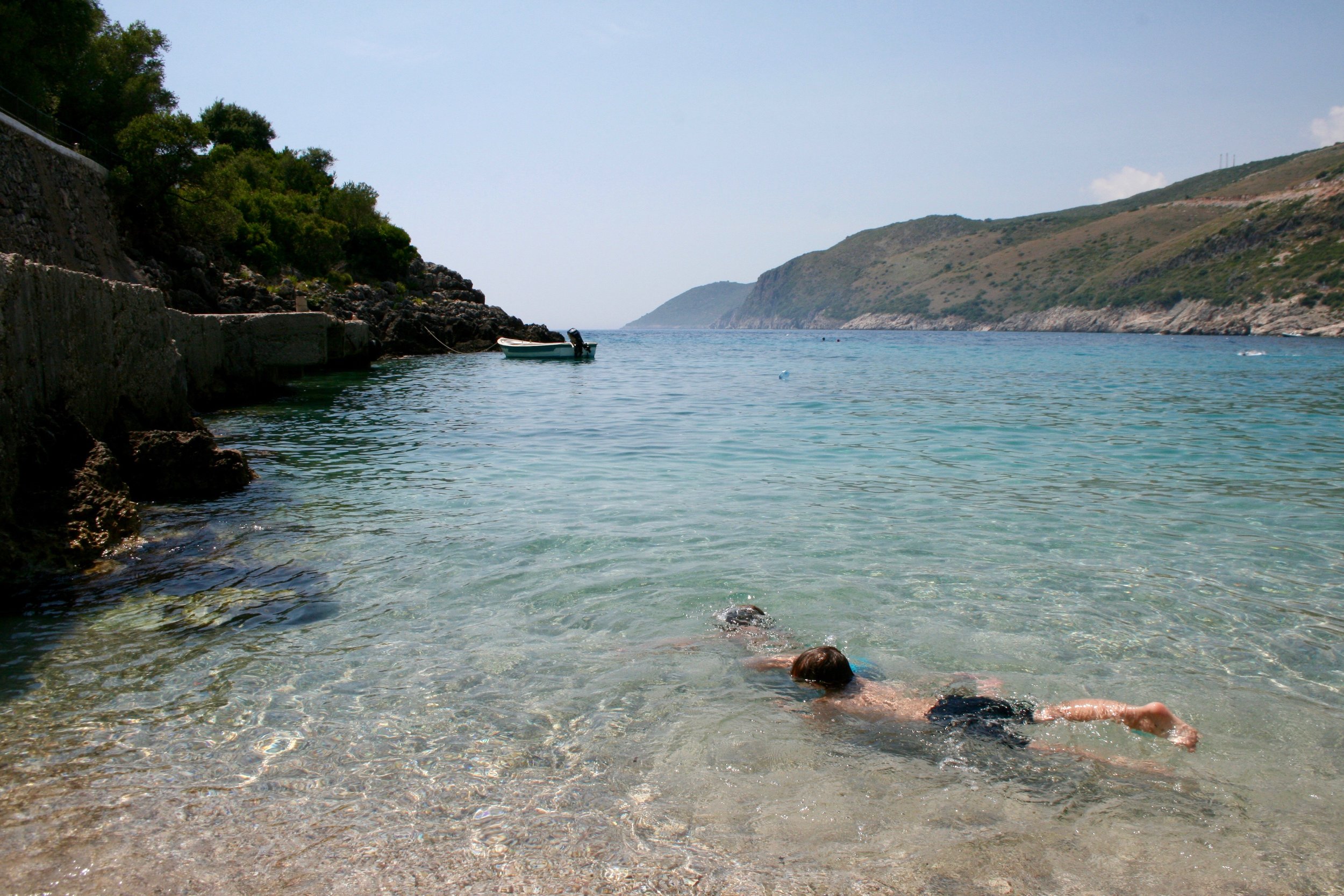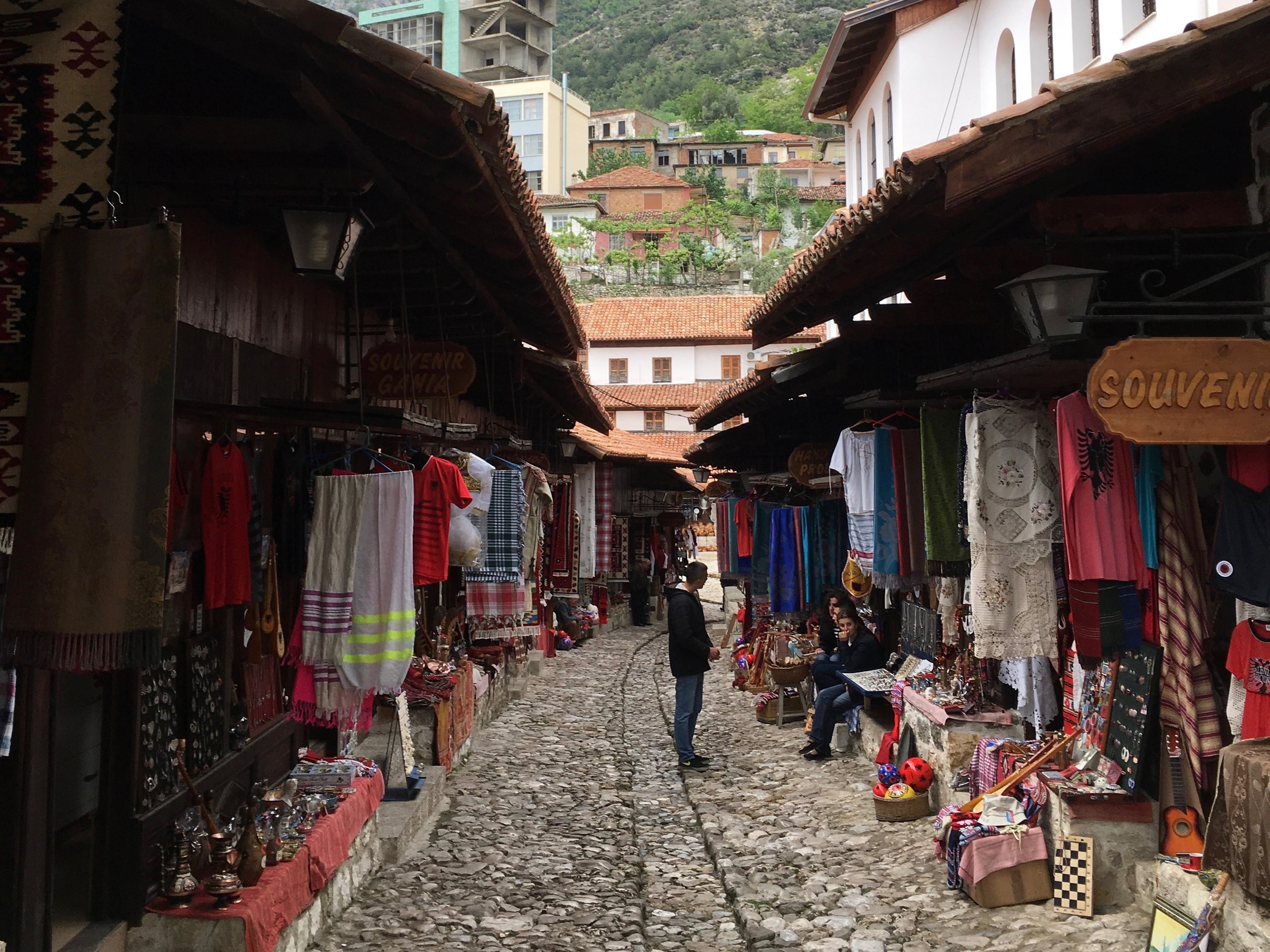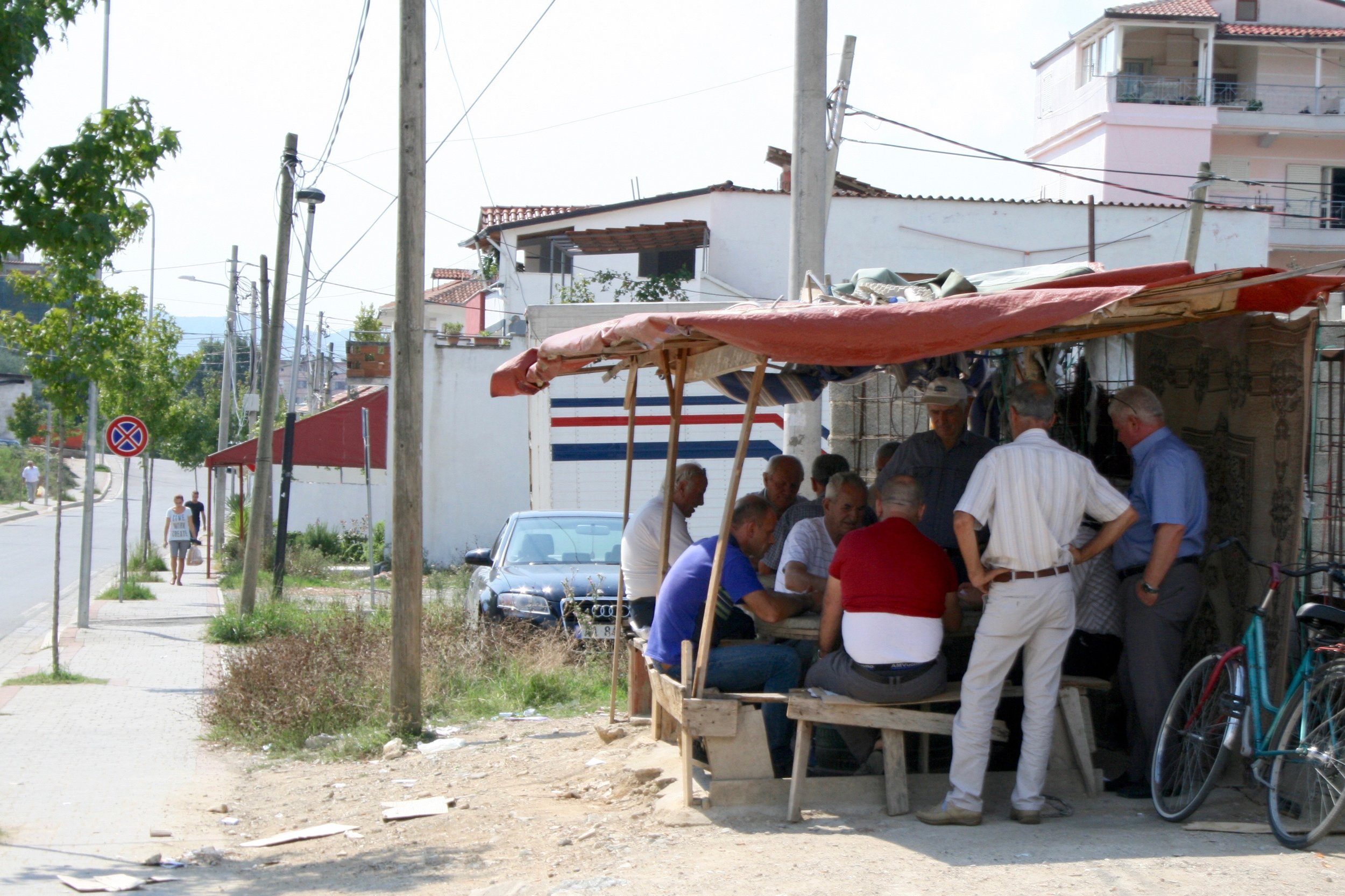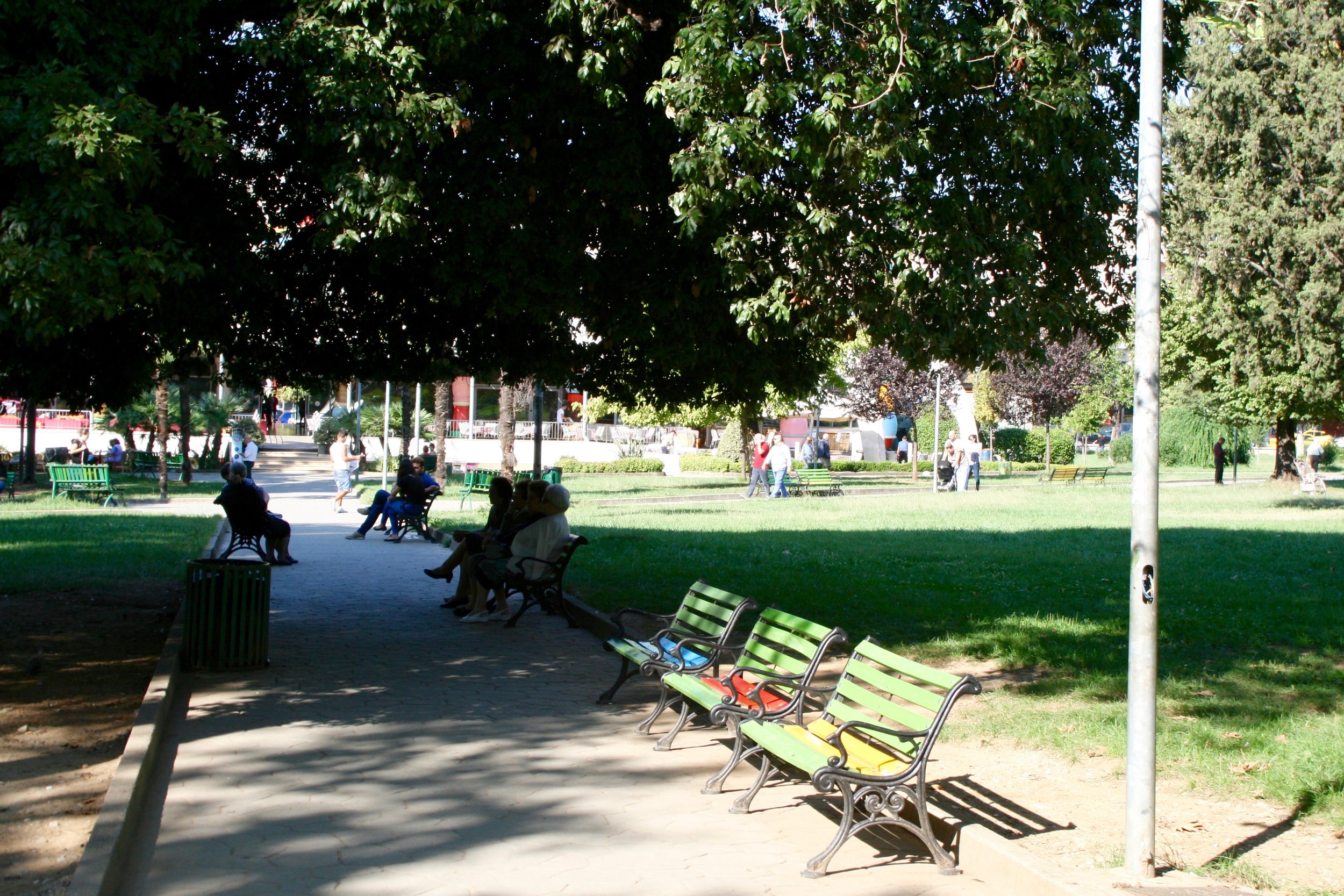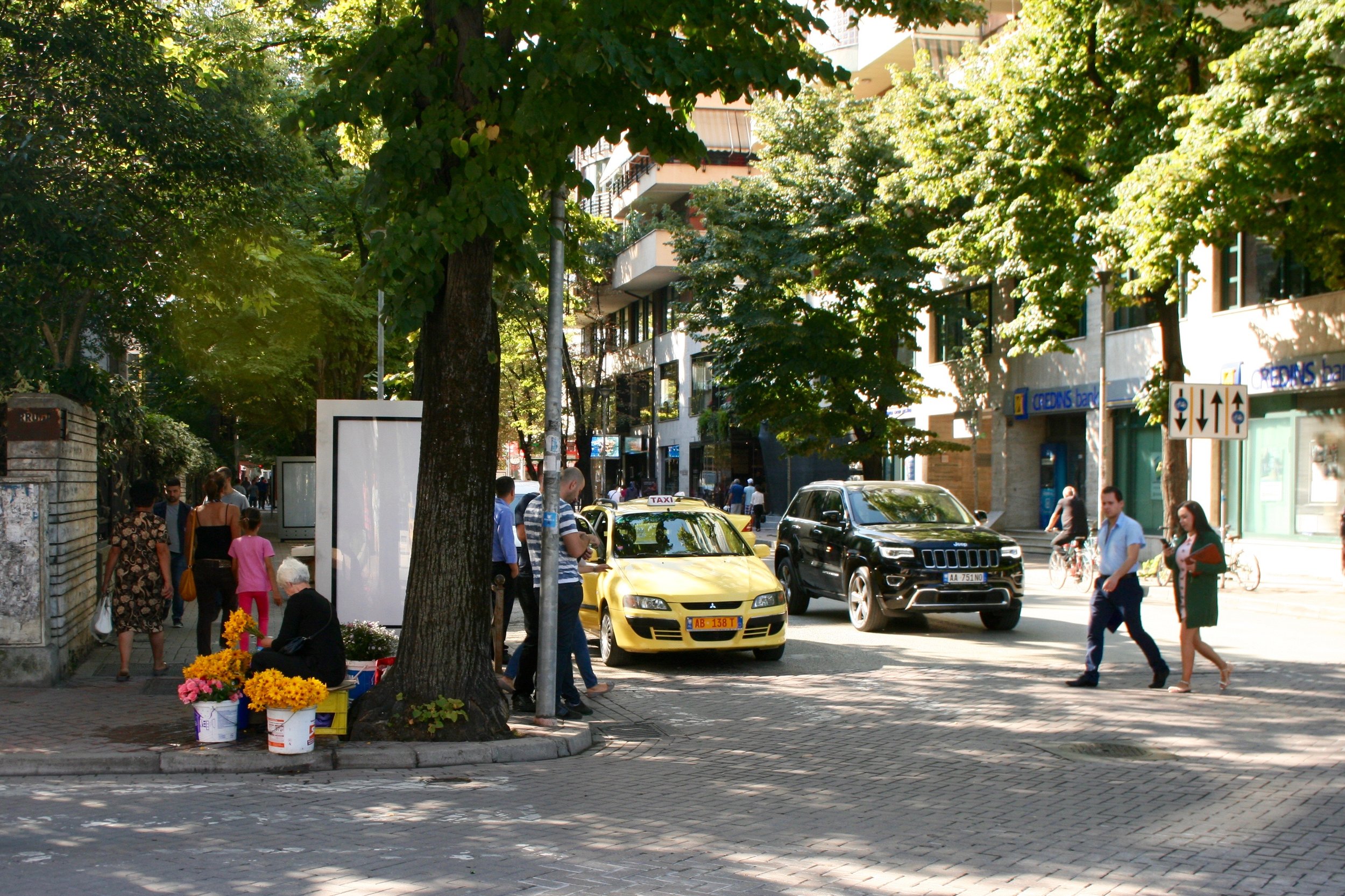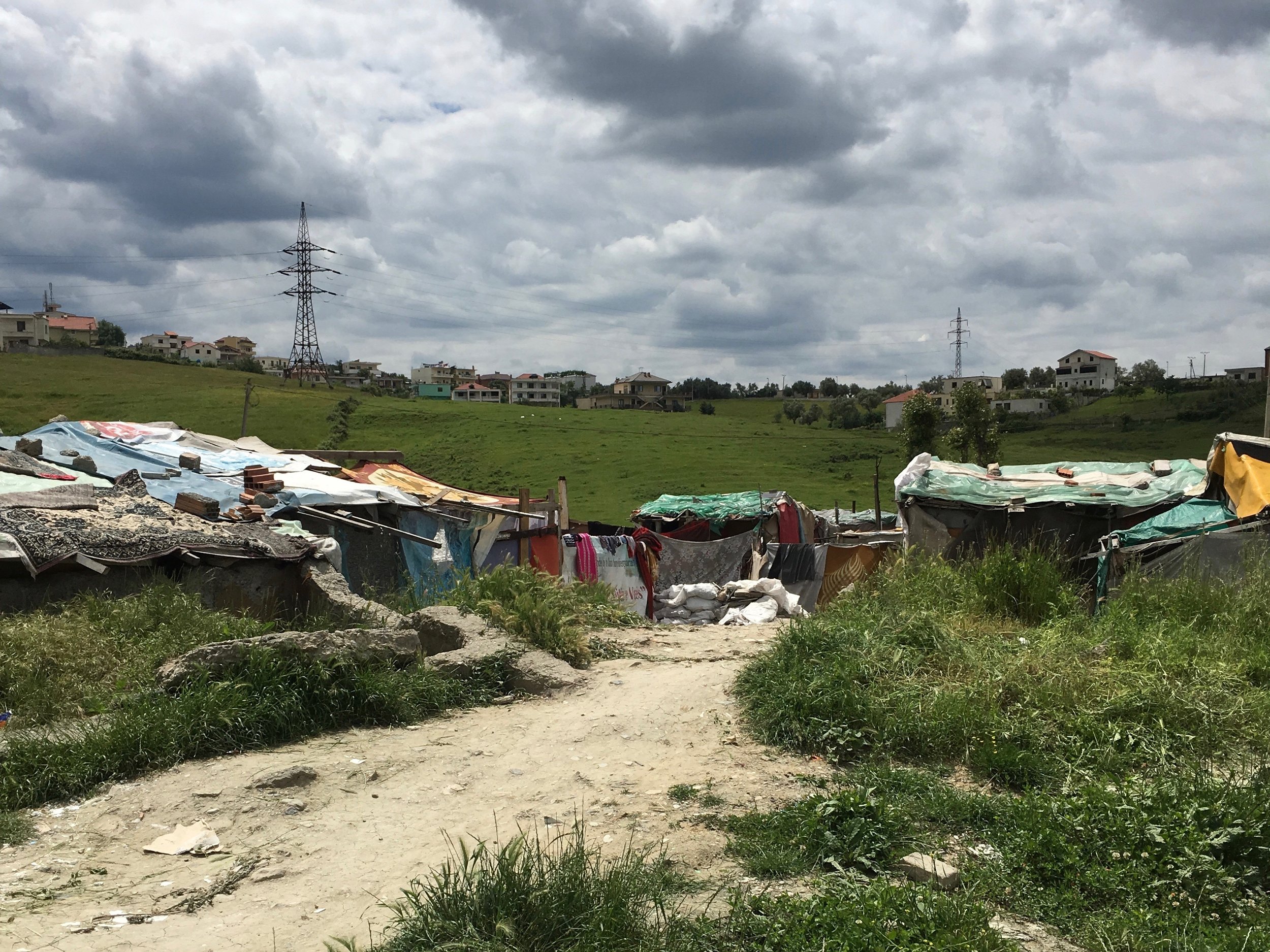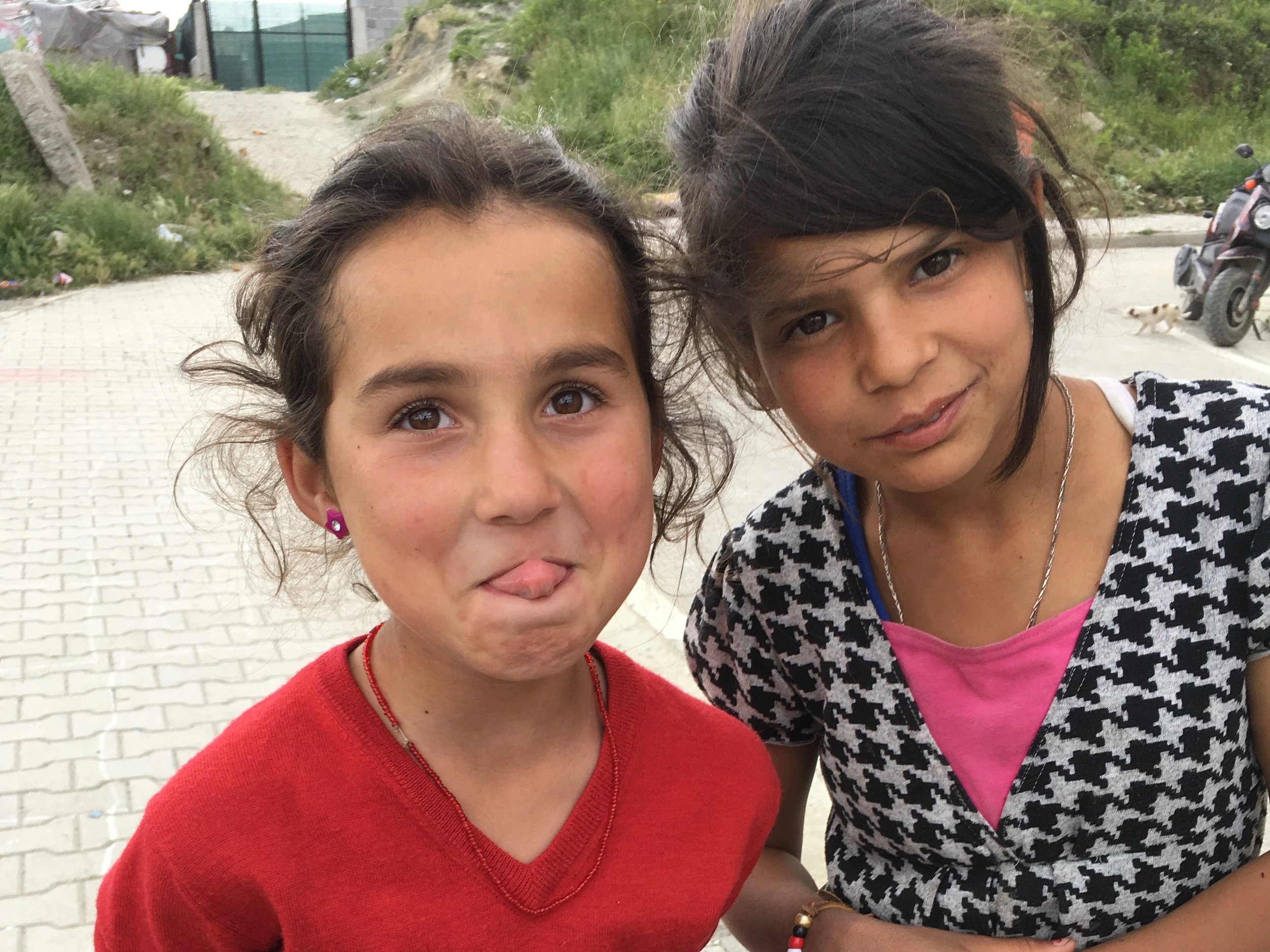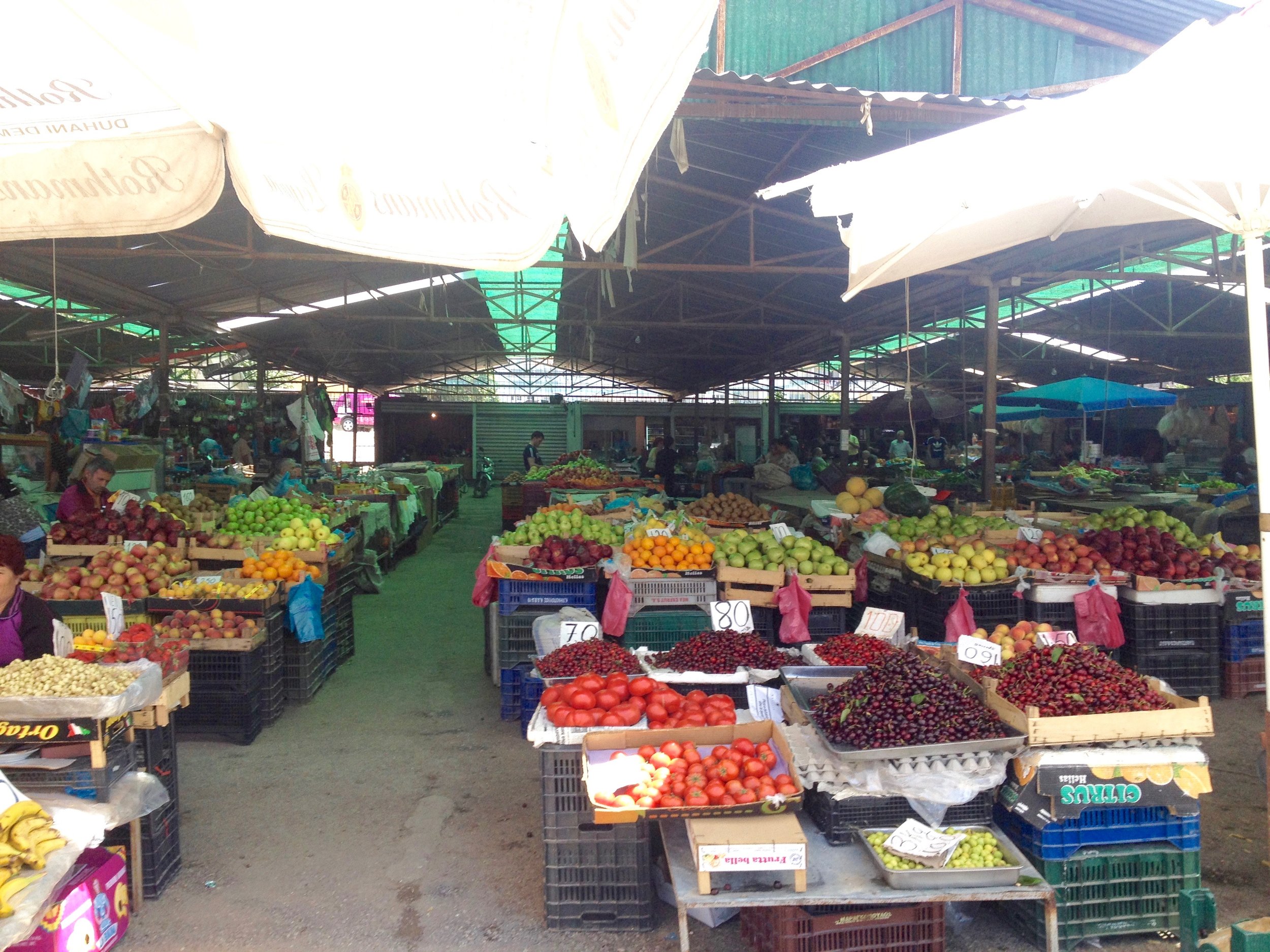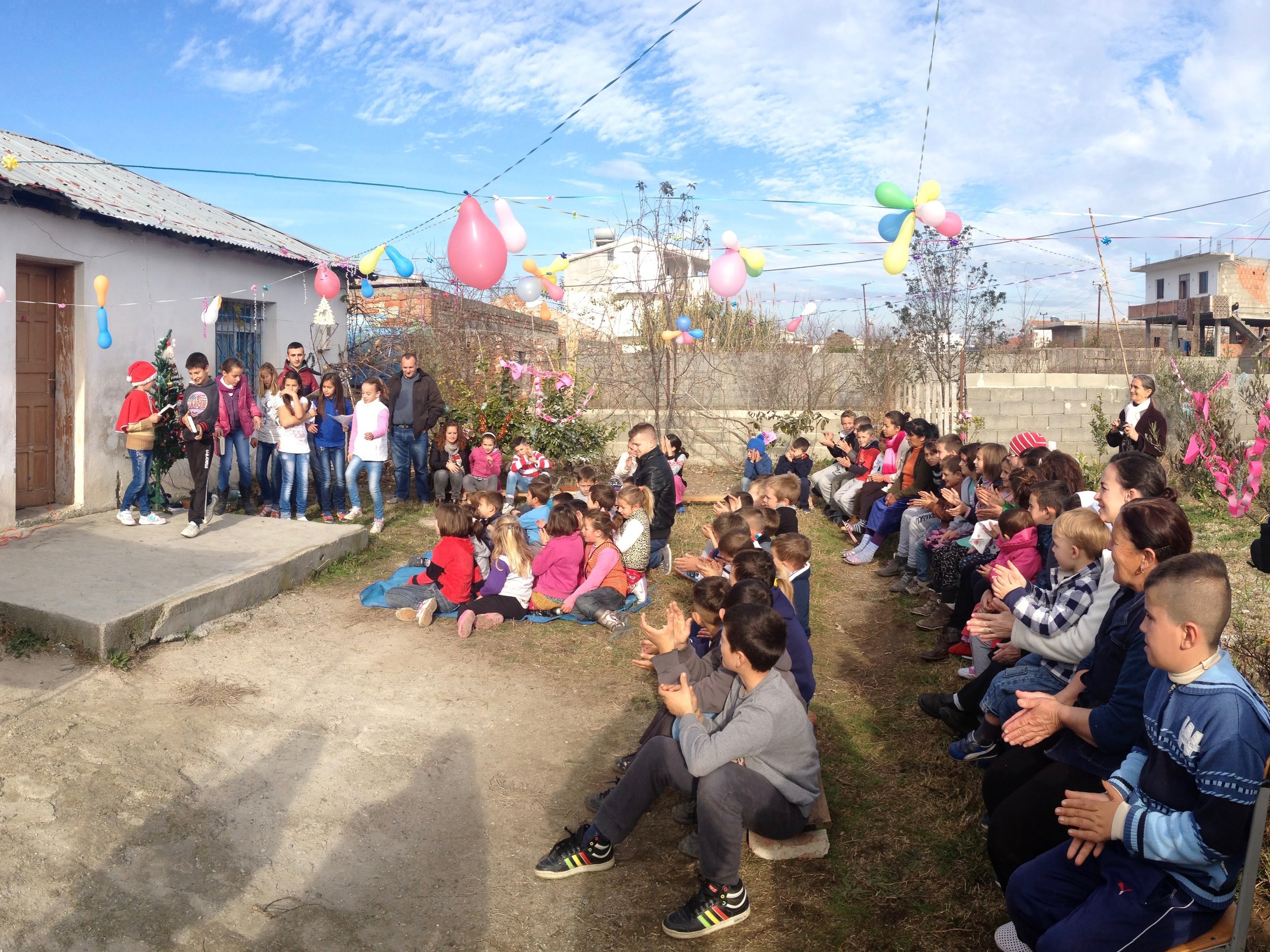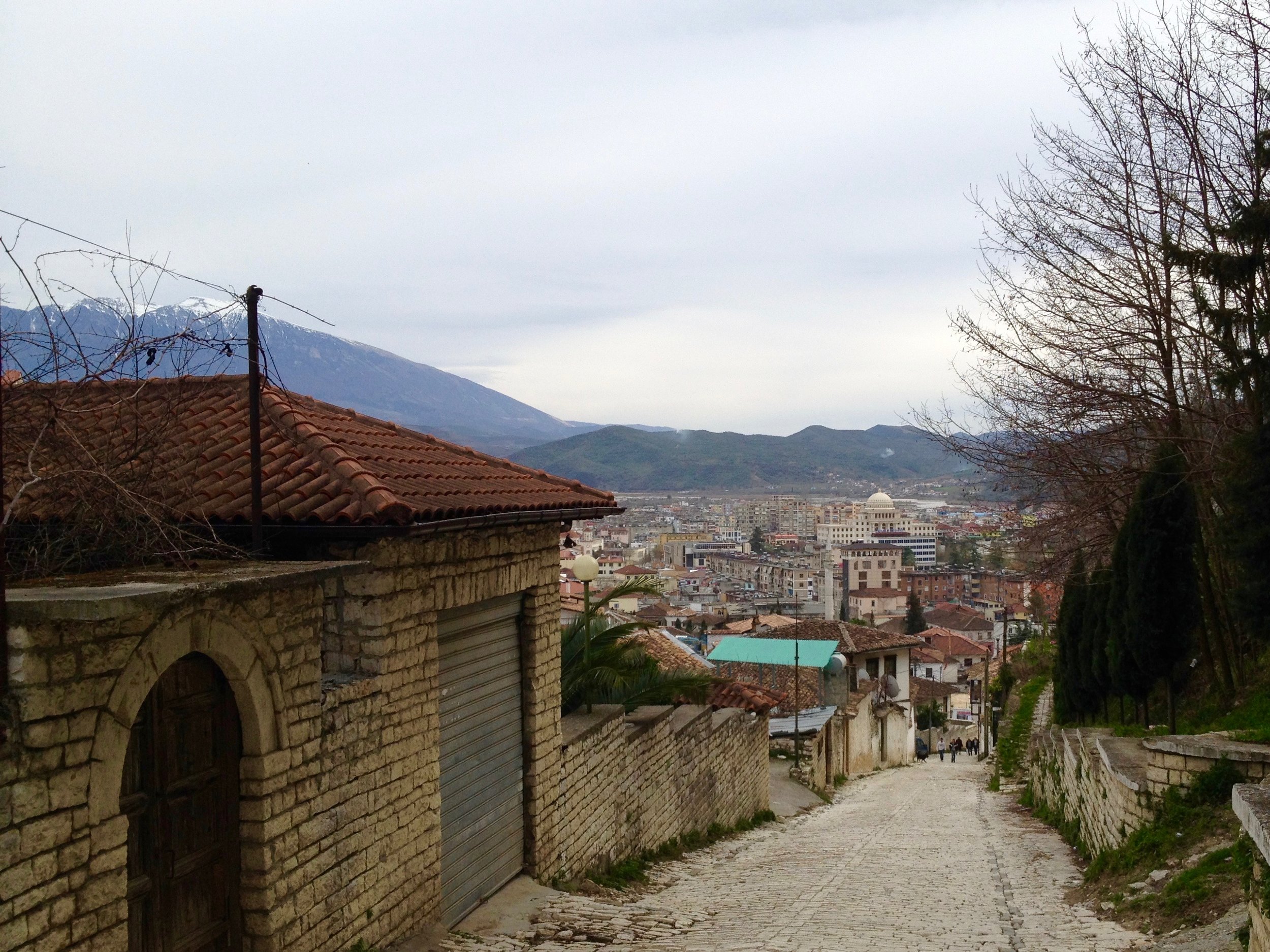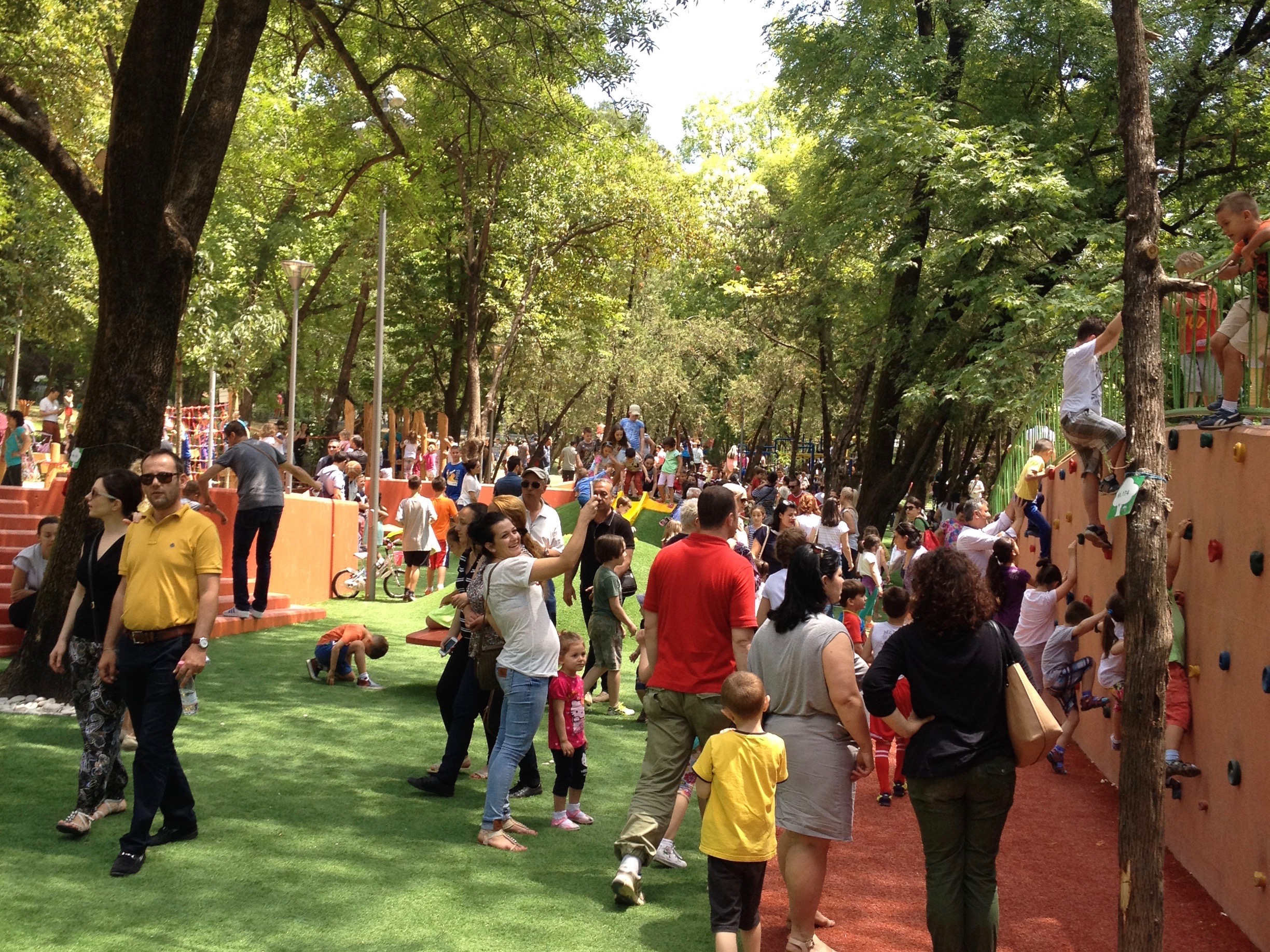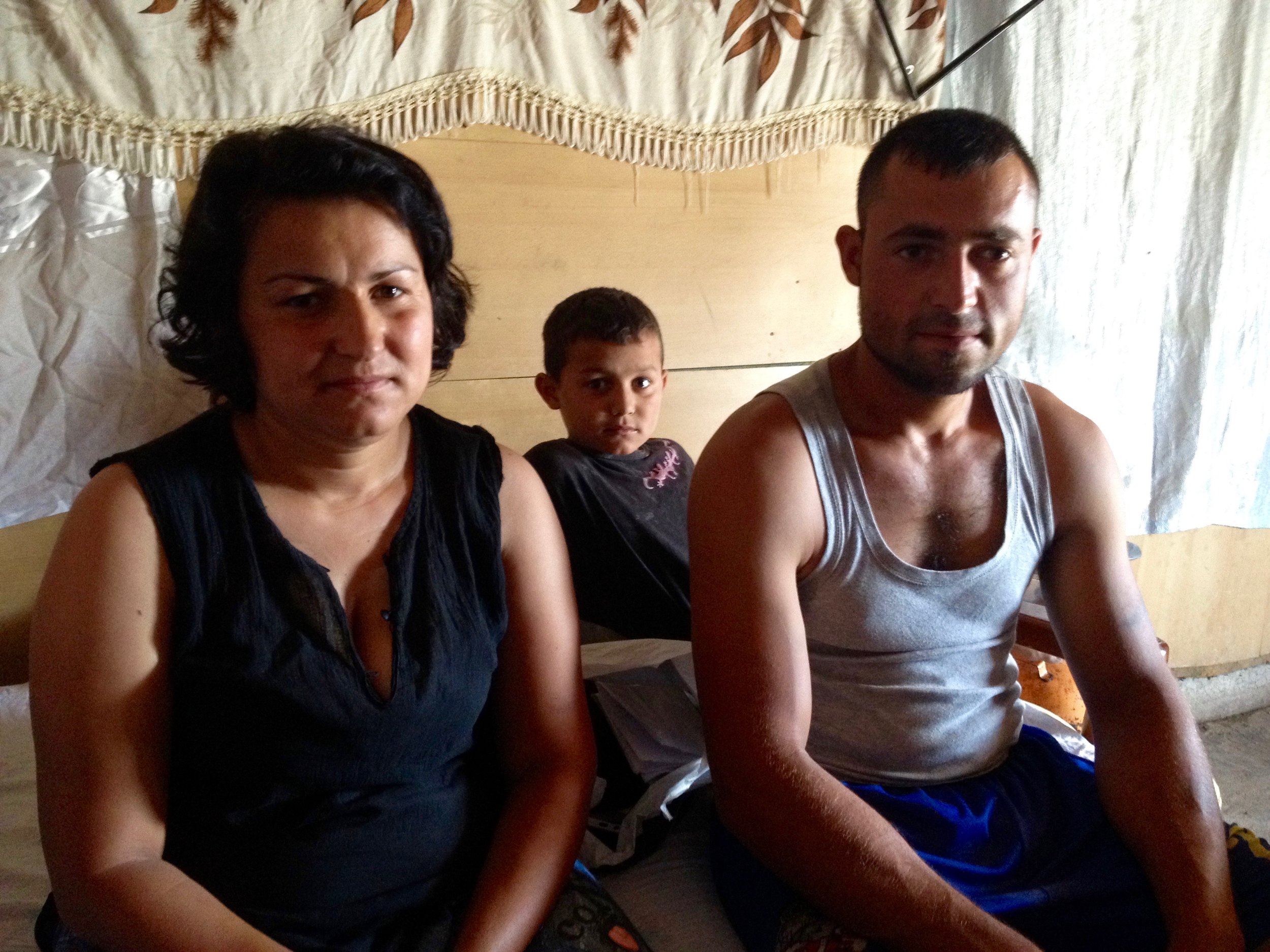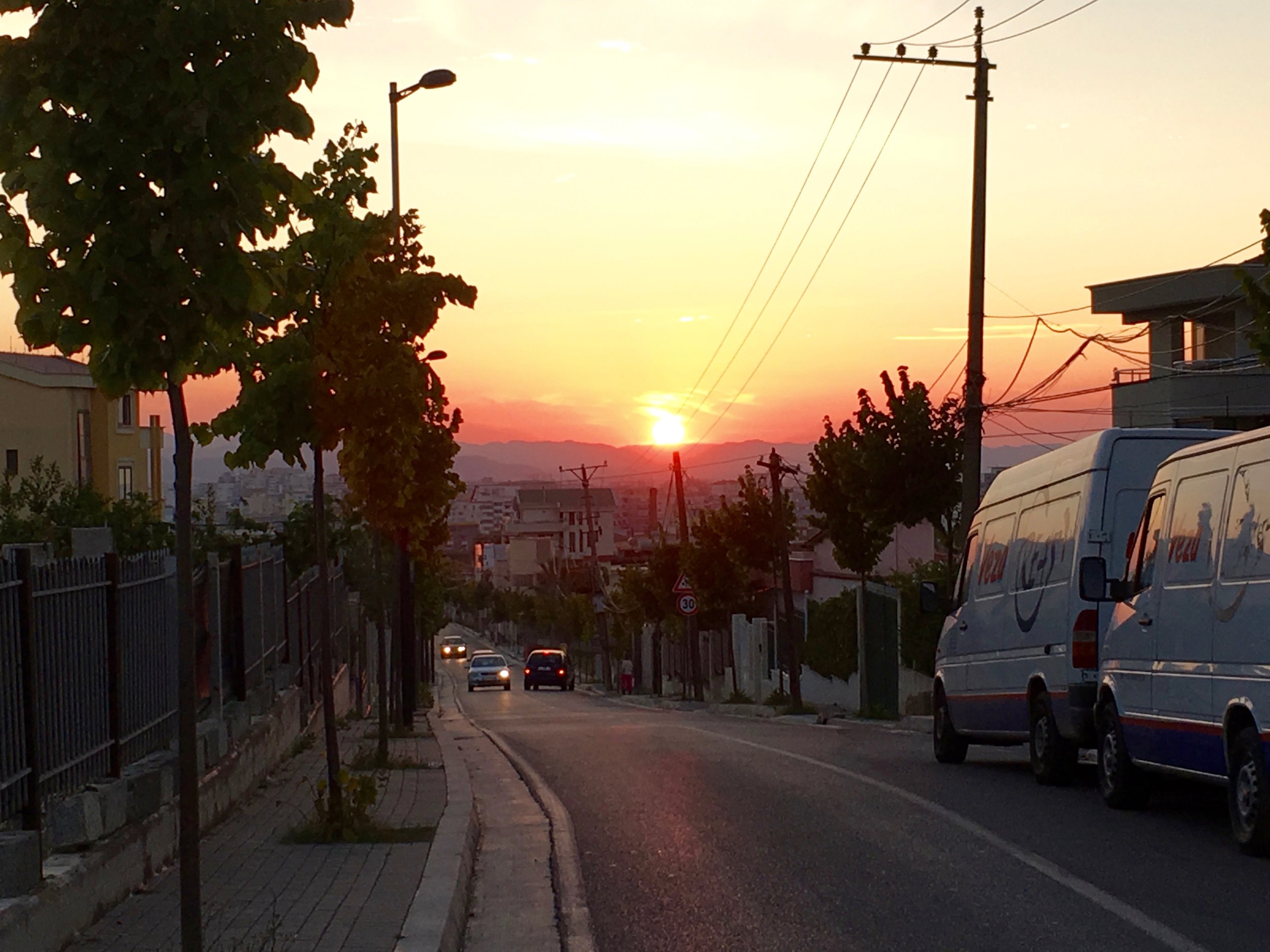Three generations of Teeuwen men felt moved by the need in Albania. What have they learned from each other about mission? And how do stories about courage and faith inspire the young people of today? Jacques (93), Andrew (57) and Joab (22) Teeuwen share on their connection with Albania and the power of stories.
A journey with far-reaching consequences
Immediately after his conversion in 1952, Jacques realised: “I need to share this news with others.” He and his wife Ruth (90) led an adventurous and international missionary life for many years. For thirteen years they worked in Papua (Dutch Papua New Guinea at the time), and Jacques made countless trips to communist countries behind the Iron Curtain.
One of the journeys that stands out is the one to Albania in 1979. The country proudly declared itself to be the first atheist country in the world. A statement that struck a chord in Jacques. “I wanted to go there! Although Albania was a closed country, my travel companion and I found a way: go in ‘undercover’ with a communist tour group. This wasn’t without its dangers. The secret police searched our rooms for forbidden items, such as photo cameras or bibles. We would have been deported or - worse yet - arrested if someone found out we were Christians.”
“God has to rise to the challenge and reveal Himself”
Jacques’ son Andrew remembers that time vividly. “My father often travelled undercover to countries to smuggle Bibles and it was always thrilling. But the Albanian trip was intense. I said goodbye to my father, wondering if I would ever see him again. At the same time, I was struck by his faith. I was as outraged as he was that a country or government simply declared that God did not exist. I thought, ‘God has to rise to the challenge and reveal Himself.’ So, as a 15-year-old boy, I decided to pray daily for Albania.”
During his stay in Albania, Jacques did not meet a single Christian. As his plane took off, he prayed over the country: ‘Lord, give me this mountain for you’. He didn’t know that years later, his son - who is now the regional leader of Pioneers Southern Europe - would become a missionary in those same mountains and start a Christian congregation there. Andrew's love for that country and its people can be traced back to his father's one journey. “Eleven years after my father's reconnaissance trip, I had my very first encounter with an Albanian. Finally, I was talking to one of the people I had prayed for for so long. It was an amazing and emotional moment,” Andrew says, with tears in his eyes.
Three generations of commitment
Jacques and Ruth passed on their heart for mission to their children and grandchildren. Andrew knew from a young age that he wanted to be a missionary. “When the Danis - an indigenous tribe in the jungles of Papua - discovered that the gospel had been around for nearly 2,000 years, their only question was: ‘Why did you wait so long to come here?’ Our son was very moved by this reaction,” Jacques explains. “That’s why he now works with Pioneers, an organisation that wants to take the Gospel to unreached people groups.”
This heart for Albania continued into the third generation. Grandson Joab – who has just finished his Bachelor’s in Communication Sciences – will soon be going to Albania to prepare for a youth mission trip, and he was there in 2018 with his church’s youth group: “That was the first time I saw poverty up close. It was a wonderful opportunity to be able to help the people there.”
“You have a responsibility to share your story”
The trip to Albania is only one of Jacques’ many remarkable stories which you can read in his Dutch book God verandert grenzen. Stories that, as far as Andrew is concerned, should be passed on. “The biographies and stories of heroes of the faith are uplifting and challenging. Courageous faith full of obedience and trust in God is one example. I see it as the responsibility of older people to pass on their experiences, to encourage younger generations.” Joab, Jacques’ grandson and Andrew’s nephew, feels the same way: “I feel inspired by the way my grandpa and grandma faced every adventure full of faith. They have been helping people their entire lives, without getting anything material in return. As young people, we can learn from that.”
Modern-day missions: group chats and a surf school.
The way evangelism is done has certainly changed over the years. Where Jacques spoke before large crowds, Andrews' method is personal conversations and Joab mainly embodies the gospel by helping people who are experiencing poverty. 50 years ago, Jacques and Ruth had to travel for two days through Papua to make a telephone call, but Andrew is now in a group chat with his Albanian congregation. Andrew says: “These days, the term ‘missions’ can sound old-fashioned. But when you understand what God's desire is for all nations, it takes on real meaning. At Pioneers we even have missionaries who run a surf school. And praying and giving are also crucial parts of the call. You don’t have to go all the way to Papua - you can be a witness anywhere!”
